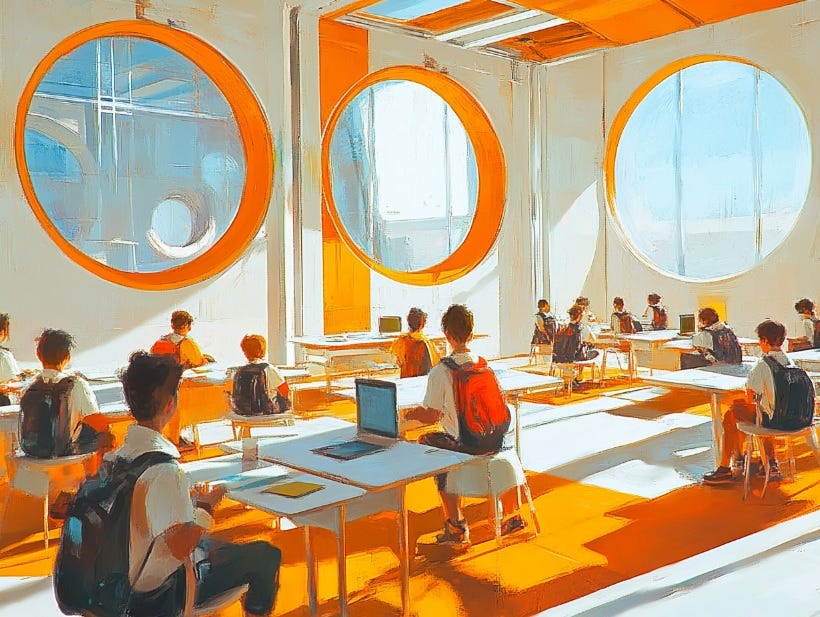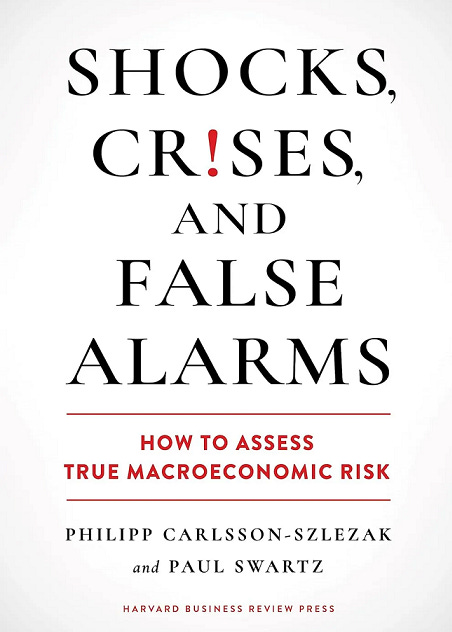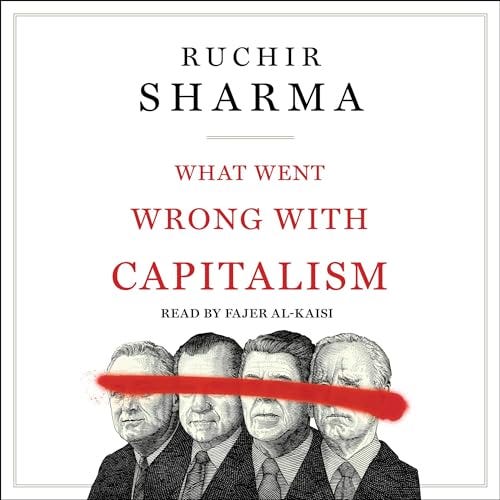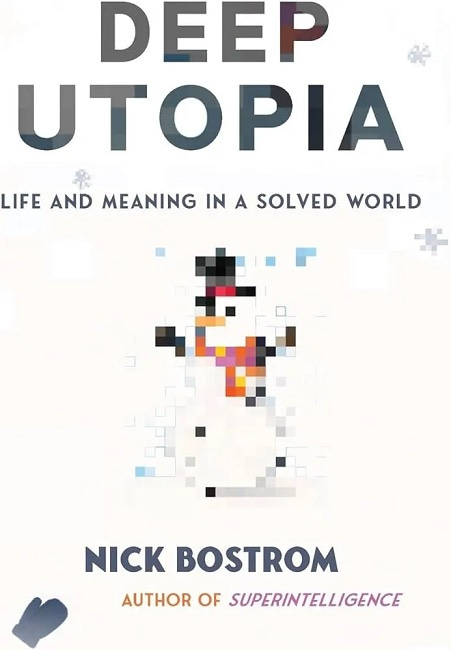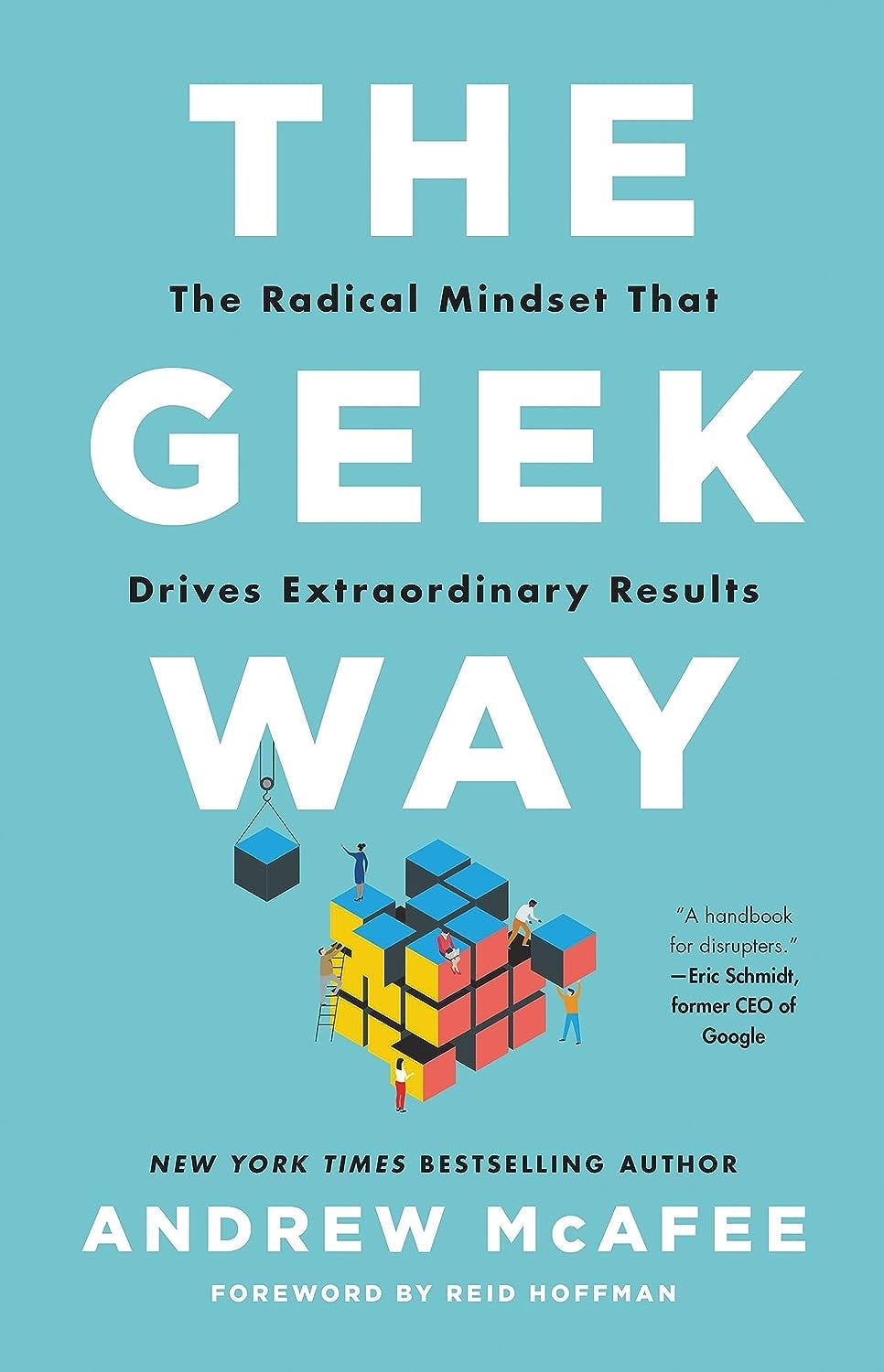📖 My chat (+transcript) with Mentava founder Niels Hoven on accelerating kids’ education
Description
When it comes to sports, everybody is basically aligned that the goal here is helping every kid reach their potential. We celebrate talent, we give athletes the resources and personalized support they each need to develop their skills. We have varsity leagues, we have junior varsity leagues. We make sure that kids are challenged at the appropriate level for their current level abilities. And for some reason, when it comes to academics, we throw all of that out the window.
Our progress as a society depends a lot on the brilliant ideas of our greatest thinkers. To improve our way of life, we should be promoting our best and brightest to the highest heights of their potential. Instead, we seem to be stemming the flow of great minds at the source: in our public schools. With a one-size-fits-all, equality-of-outcome model, we rob our kids, and our society, of their potential.
Today on Faster, Please — The Podcast, I talk with Niels Hoven, founder and CEO of Mentava, an educational software company. Hoven’s goal: to help kids learn at their own pace, whether that includes additional support, or simply the resources to excel beyond expectations.
Hoven is the father of four, former product manager at Cloudflare, and was VP of product development at Pocket Gems.
In This Episode
* Treating academics like athletics (1:35 )
* School as childcare and instruction (5:44 )
* The role of parents (8:04 )
* Mentava’s mission (10:04 )
* Reframing the public school (15:20 )
* The San Francisco algebra ban (17:50 )
* Investing in our future (20:05 )
Below is a lightly edited transcript of our conversation
Pethokoukis: Niels, welcome to the podcast.
Hoven: Thank you so much. I appreciate you having me here.
Treating academics like athletics (1:35 )
You argue that the current American education system is fundamentally flawed.
I do think it has some issues.
How does closing achievement gaps hurt our education system? How does it hold students back?
So obviously my problem is not with closing achievement gaps, my problem is what happens when you set up policies with that as the only goal. I think what we've seen is that the goal of today's modern education policy is closing the gaps between high achievers and low achievers, which is, of course, wonderful, but the way that has actually manifested in schools is by slowing down high achievers and not giving them the opportunity to achieve their potential. In San Francisco, you're literally not allowed to teach material above grade level, which I think is crazy.
Most school systems have gifted programs. Doesn't that meet your concern?
So those gifted programs, I think they don't go far enough to support the learning needs of students who are really capable of achieving dramatically more, and, in a lot of places they're very, very hard to get into. So in our school district right now, in order to qualify for the gifted program, you have to take a series of tests and you basically have to score 99th percentile on all of those tests. All of those tests are basically grade-level tests, so they're not really teaching seeing how far above grade level you are, so it's really, “Are you really, really good at taking the tests, so well that three times in a row you can score 99th percentile on grade level stuff?” That's not really getting the kids who need their learning needs supported by these special programs, and these programs really only operate a single grade above grade level. What about the kids who could be doing calculus in middle school, or want to be moving much faster than that: Two years of math a year, every single year — we aren't supporting them.
You've proposed treating academics more like sports. What does that look like in practice and how might that change how we approach education and how we think about education more broadly?
When it comes to sports, everybody is basically aligned that the goal here is helping every kid reach their potential. We celebrate talent, we give athletes the resources and personalized support they each need to develop their skills. We have varsity leagues, we have junior varsity leagues. We make sure that kids are challenged at the appropriate level for their current level abilities.
And for some reason, when it comes to academics, we throw all of that out the window. We just say, “Okay, everybody must progress at the same speed, learn the same thing at the same time.” To me that's like saying, “Okay LeBron, you are not allowed to dunk until everybody else can dunk also.” And so I want to see us treat academics more like sports, where we encourage students to pursue their interests, to develop their talents to the fullest potential, and respect the diversity of kids' ability and motivations.
To what do you attribute the staying power of this — I don’t know if it's a one-size-fits-all system, but of a system that, in many key ways, isn't different than it was a hundred years ago?
It is a government-sponsored monopoly, so I guess that would be my answer. How did the taxi cab medallion system last so long, even though it was dramatically underserving everybody who wanted to take a taxi? There's no competition.
What does that more sports-like environment look like? It sounds like there'd be more freedom, there'd be less regimentation. What does that world look like?
What I'm really pushing for is I would like to see students receiving instruction appropriate for their current level. I talk a lot about high-achieving students, but this is also true for struggling students. Right now we have a very one-size-fits-all model of education, and that means students who are struggling and need extra attention to get caught up aren’t given the opportunity that they need to perhaps move at a slower pace or get extra support, and kids who want to be moving faster and maybe learning two years of math a year, every single year, so that they can be doing college-level math in middle school, they're also not getting that support. We managed to do that in sports, we have lots of different leagues so that kids can find the level of competition that is appropriate for them, but for some reason, when it comes to academics, we refuse to allow that amount of differentiation.
School as childcare and instruction (5:44 )
You advocate reducing instruction time to two hours a day. One, is that enough? And two, what are the kids doing for the other . . . are they getting into mischief? What are they doing for the rest of the day if they're not studying?
I think we've really conflated the role of school, and I think an important question to ask is: Is school as we provide it now, is it childcare or is it academics? And I think it is both. An interesting fact about school is, despite all of the problems that we all understand our schools have, schools have like an 80 percent approval rating from parents, and that's because the job that schools do for most parents is actually childcare. It is free childcare for while the parents are at work, it is finding a place where your children are entertained and loved, and that is super important.
But somehow we have also layered this layer of academic theater on top of that childcare instead of saying, “Okay, these kids can play in the woods for eight hours a day, or they can play dodgeball or grow their social-emotional skills and build their friendships with a friend.” We had to say, “No, they have to be learning something – but not too fast at this very, very slow pace.” And if you look at things like homeschoolers, you see most homeschoolers do two hours of academics a day, and they have the same outcomes as kids who are going to public schools, so we really don't need that much more time doing academics as long as that time is being spent efficiently.
Is this new world possible within a mostly public school system as it exists today? Can you do this, or are you talking about private school, homeschooling, but does this have anything to do with the public school system, which seems to me fairly resilient? Certainly, I think the changes of the sort of magnitude you're talking about.
I like the public school system. I went to public school, I had a really positive experience in public school. My own kids go to public school. And I think the difference is that when I was in public school, people were much more accepting of the idea of kids who wanted to move at their own pace. And so Mentava, certainly we're happy to support kids who are homeschoolers, who are in private school, but the real vision is to allow kids to be part of, essentially, their local public school community, go to school with friends from the neighborhood, but still have the opportunity to progress at their own pace
The role of parents (8:04 )
Tell me a little bit about your personal educational experience and how that shaped your views and how it eventually led to your company.
Education has always been very important to my family. My dad taught me to read early, when I arrived at kindergarten, I could already read, I was roughly a year ahead in math. And so he negotiated with my school to just let me

